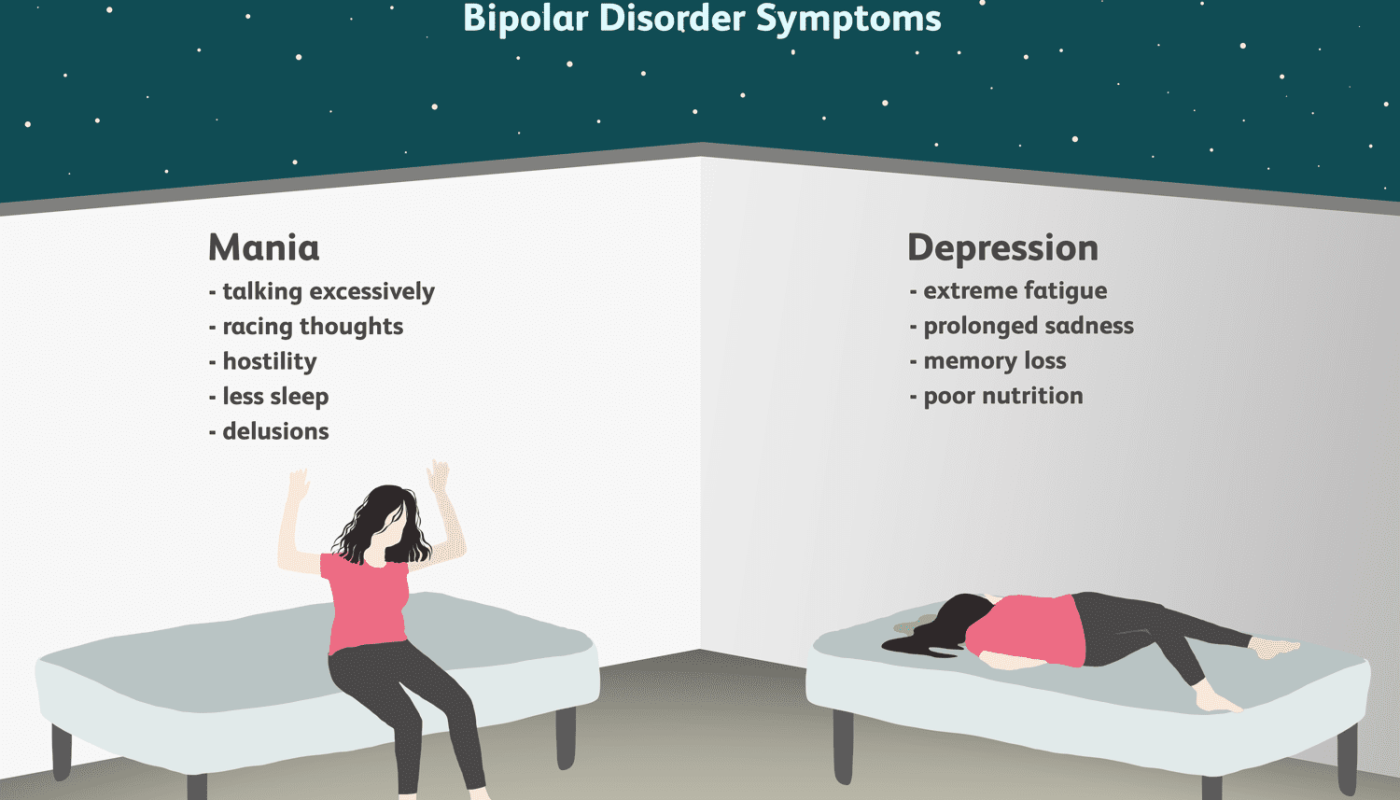Bipolar disorder is a mental health condition that affects millions of people around the world. It can be a challenging condition to manage, not only for the person who has it but also for their loved ones. If you have a friend or family member who has bipolar disorder, it is essential to understand how to support them effectively.
In this article, we will discuss some tips and strategies that can help you support your loved one with bipolar disorder.
- Educate yourself about bipolar disorder
The first step in supporting a loved one with bipolar disorder is to educate yourself about the condition. This includes understanding the symptoms, the different types of bipolar disorder, and how it can affect a person’s daily life. The more you know about the condition, the better equipped you will be to support your loved one.
- Be patient and understanding
Living with bipolar disorder can be a rollercoaster ride for both the person with the condition and their loved ones. It is essential to be patient and understanding during the ups and downs that come with bipolar disorder. Remember that your loved one is not in control of their mood swings, and it is not their fault. Try to be a calming presence and avoid getting upset or frustrated with them.
- Encourage treatment and therapy
Treatment for bipolar disorder typically involves medication and therapy. Encourage your loved one to seek help from a mental health professional and attend therapy sessions regularly. If they are resistant to seeking treatment, try to have an open and honest conversation with them about your concerns and the benefits of treatment.
- Help with practical tasks
Bipolar disorder can make it challenging to perform everyday tasks, such as grocery shopping, cleaning, or paying bills. Offer to help your loved one with these tasks and make a schedule to ensure that everything is taken care of. By taking care of these tasks, you can relieve some of the stress and pressure on your loved one, allowing them to focus on their recovery.
- Practice good communication
Communication is essential when supporting a loved one with bipolar disorder. Try to maintain open and honest communication with your loved one and encourage them to express their thoughts and feelings. Listen actively and avoid judging or criticizing them. If you notice that they are withdrawing or isolating themselves, gently encourage them to talk to you or seek professional help.
- Take care of yourself
Supporting a loved one with bipolar disorder can be emotionally and mentally draining. It is crucial to take care of yourself and prioritize your own mental health. Make time for self-care activities, such as exercise, meditation, or spending time with friends. You can also seek support from a therapist or support group for caregivers of people with bipolar disorder.
- Avoid enabling behavior
While it is important to be supportive, it is also essential to avoid enabling behavior. Enabling behavior can include covering up your loved one’s mistakes or taking responsibility for their actions. Instead, encourage them to take responsibility for their behavior and to seek help when needed.
- Be supportive during a crisis
Bipolar disorder can sometimes lead to a mental health crisis, such as suicidal thoughts or self-harm. It is essential to be prepared for these situations and to know how to respond. If you notice that your loved one is in crisis, stay calm, and offer support. Encourage them to seek professional help and, if necessary, accompany them to the emergency room.
Supporting a loved one with bipolar disorder can be challenging, but it is essential for their well-being. By educating yourself about the condition, being patient and understanding, encouraging treatment and therapy, helping with practical tasks, practicing good communication, taking care of yourself, avoiding enabling behavior, and being supportive during a crisis, you can provide the support your loved one needs to manage their condition effectively. Remember to be patient, kind and compassionate towards your loved one. With the right support, treatment, and management strategies, it is possible for people with bipolar disorder to live fulfilling lives. By working together, you and your loved one can overcome the challenges of bipolar disorder and build a strong, healthy relationship.
It is also important to remember that you are not alone in this journey. There are support groups and resources available for caregivers of people with bipolar disorder. Don’t hesitate to seek help and support when you need it.
Finally, always remember to celebrate the successes, no matter how small they may seem. Bipolar disorder can be a difficult condition to manage, but with patience, persistence, and support, your loved one can thrive and live a fulfilling life.




